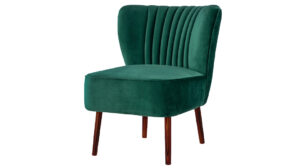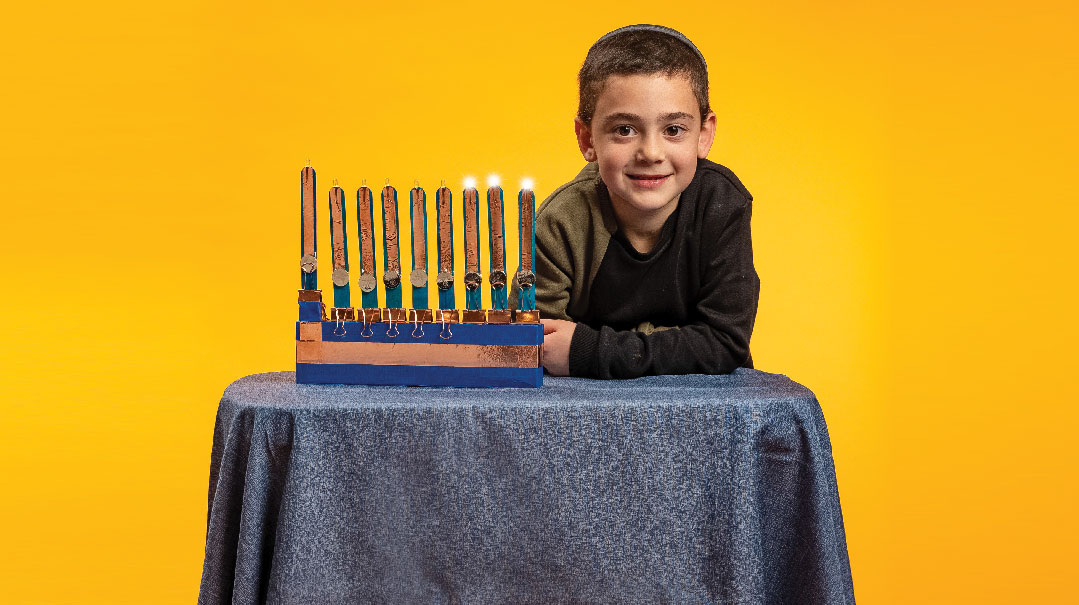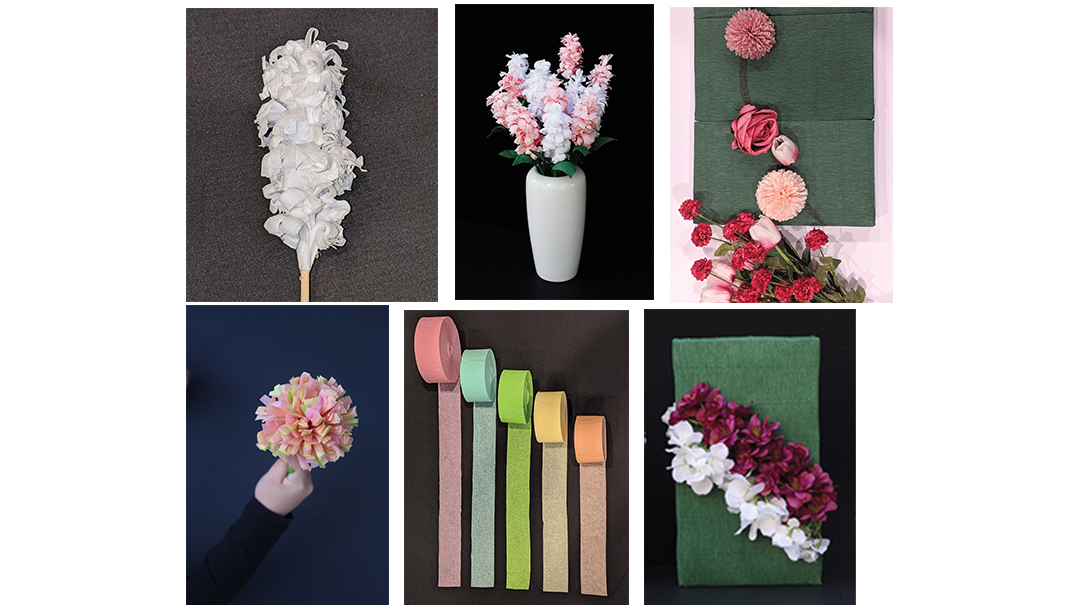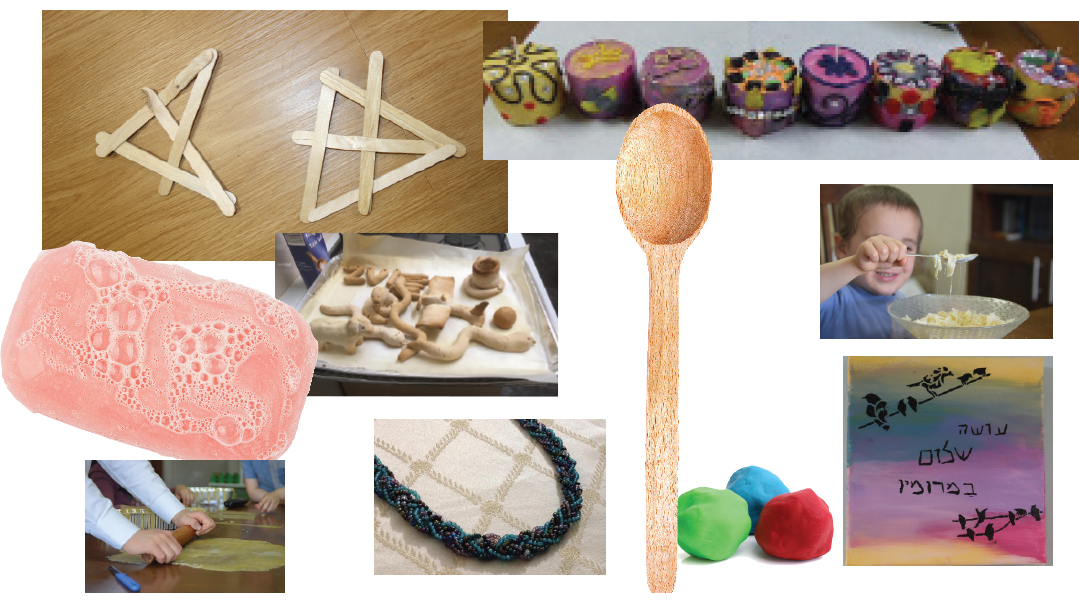Let’s Play!

Too busy for games? Here are some conversational games you can play while you scrub.

Taboo
- Make cards with a Pesach word and five taboo words on each card. For example: The word is matzah, and the five taboo words are water, bread, flat, flour, and eighteen.
- Divide the family into teams. One person picks a card. His teammates must guess the word on the card within one minute to gain a point for the team.
- In describing the word, you may not use the actual word or the five taboo words. You may also not use hand motions or gestures.
Twenty Questions
- A player thinks of a mystery person in his mind, living or dead. The rest of the group asks 20 yes/no questions to guess the person’s identity. If they’ve asked 20 questions and still haven’t guessed, the player gets a point. Players with the most points win.
- For a twist, one player takes on the identity of that mystery person. The other players engage him in conversation. There are no yes/no questions and no direct questions like, “Who are you, where are you from, when did you live… etc.?” The questions must fit into the conversation. So if the group is talking about breakfast, they may ask the mystery person what he ate that morning.
Ghost
- Someone thinks of a word and says the first letter aloud. The next person continues by saying the next letter. (The second person doesn’t know the original word, but must have his own word in mind.) Play continues until a word (any word) is completed. Whoever completed the word gets a penalty letter from the word g-h-o-s-t.
- If it’s your turn and you believe that the person before you doesn’t have a real word in mind, you can challenge him. If he has no word in mind, he gets a penalty letter. Watch out though — if he does have a real word, you will end up with the penalty!
I’m going out of Mitzrayim
- This is the Pesach version of “I’m going to Eretz Yisrael.” The first person says, “I’m going out of Mitzrayim and I’m bringing along with me…” and then he names something that begins with the letter A (something that theoretically could have existed in Mitzrayim.) The second person says, “I’m going out of Mitzrayim and I’m bringing along with me…” and he says something that begins with the letter B, etc. You must name all the items that came before your turn as well as your new item. Can you get all the way to Z?
Would You Rather?"
“Would you rather?” Would you rather be popular or smart? Eat two rotten tomatoes or six overripe bananas? Have 100 spiders in your bedroom or 1,000 grasshoppers in the rest of your house?
How to play: Blow up a large beach ball ahead of time, and with a permanent marker, write wacky “Would you rather” questions all over the ball. You can make the questions thought-provoking or just plain silly, depending on the age of your audience — or you can mix it up.
To play, sit in a circle and simply throw the ball to someone in the family while announcing his name. Whatever question the catcher’s right thumb lands on is the question he reads aloud. He then has five seconds to answer the question before throwing the ball to the next player.
Take it over the top: Play with points. The player gets a point for each question answered within the time limit.
Two Truths, One Fib

So you think you know each other well? Let’s find out with this fun game.
- Everyone gets three slips of paper and a pen. Think of two true but unusual (and unknown) facts or stories about yourself. Write them on the first two slips of paper. On the third paper, write a similar fact, only this one shouldn’t be true. Number the three slips of paper in random order.
- Players sit in a circle and take turns reading their papers aloud. When a player finishes reading, he places the three papers down in front of him. Everyone then votes (by secret ballot) which paper they think is the fib. The original player reveals the correct answer and counts his votes. Each player who voted correctly gets one point, and the inventor gets a point for every wrong vote. Play continues until all the players have had a chance. The person with the most points wins.
Do it With a Twist: Play “Two Truths.” Each player writes two true, unusual facts about himself. All papers are placed into a box. The box goes to a designated reader who reads each slip of paper. After a paper is read, everyone votes for who they think wrote it.
Sardines
“Sardines” is a variation of the classic Hide and Seek. One person hides and everyone else seeks. After counting to 100, seekers spread out around the house to look for the hidden player. When a seeker spots the hidden player, he quickly gets into the hiding place alongside him. As more and more seekers find the hidden player, they squeeze into the hiding place too, until there is only one player left seeking. At that point, everyone screams, “Sardines!” and reveals the hiding place. The last person left seeking is the next one to hide.
Rotating Nostalgia
Your home must be past the toddler stage for this one. Place a big bowl or interesting vase as a centerpiece on your table. Look through your toys and games for that fun, interactive, but forgotten toy — Jenga blocks, little Lego, Mad Gab cards, a puzzle — anything with lots of cards or pieces. Every day or two, refill your table centerpiece with a new toy or game. There’s no need for any special announcements — bored hands will gravitate there. Bring on the popcorn!
Clue! (The life-size Purim version)

Mordechai is the new prime minister, and all is rosy in the city of Shushan, except… somebody has opened the palace safe and stolen the king’s signet ring!
- Who did it?
- What tool did he use?
- Where did he hide the ring?
- Players must race to crack the case before Achashveirosh blows his top… again.
Create three sets of six cards.
- Character cards: These are your suspects. Draw a character (Charvonah, Zeresh, Bigsan, etc.) on each card and write his/her name underneath.
- Room cards: Make a card for each room and then designate rooms in your house to be those rooms. For example, make the living room the throne room, the deck the royal garden, the washroom the servant’s quarters, etc.
- Tool cards: Make a card for each tool. Also, gather play tools to represent these tools.
How to Play:
- Take the top card from each set of cards and without looking, place them into a secret envelope. These three cards are the answers to the mystery.
- Shuffle the remaining cards together and deal them out to the players. Some people may have one more than others.
- Each player gets the list of all the options, and a piece of paper and draws three columns: Who, Where, and With What. List each of your cards in its proper column. For example, write “screwdriver” in the “With What” column. Anything written on your sheet obviously cannot be in the secret envelope. Do not show your sheet to anyone.
- Play runs from youngest to oldest. On your turn, go (with all players in tow) to any room you want and make a “suggestion.” A suggestion is a guess that names a suspect and a tool and the room you’re in. Move the suggested play tool into that room.
- After you make a suggestion, the player right above you in age must show you one card that disproves your suspicion. If he doesn’t have any cards to disprove it, the next player in age must show you a card. Keep going until someone can show you a card. (If no one can show you any cards then you have cracked the case.) List the card you were shown in its proper column on your sheet. Your turn is now over.
Tip: If you want to know about a specific card, try naming two of your own cards in your suggestion.
Ending the game:
At any point during your turn, you may make an accusation. Be careful, though — you may only make one accusation per game. After the accusation, peek at the three cards in the secret envelope. If your accusation was correct, you’ve won the game! If it was wrong, put the cards back and you may no longer play, except to show another player a card upon request.
Oops! We could not locate your form.













